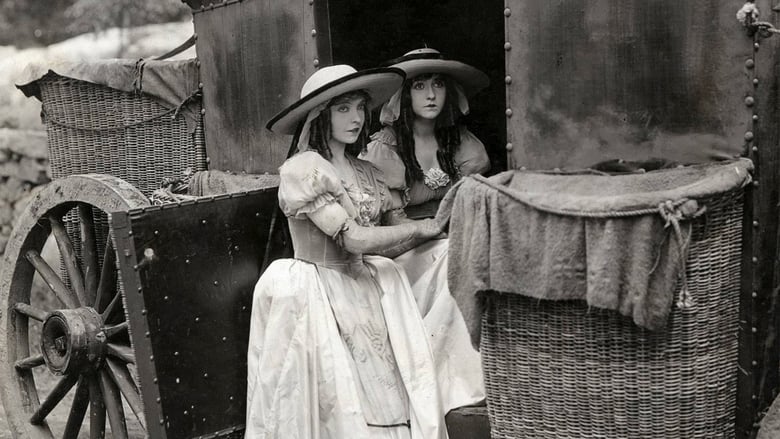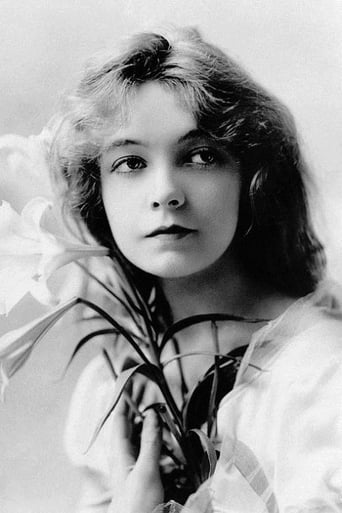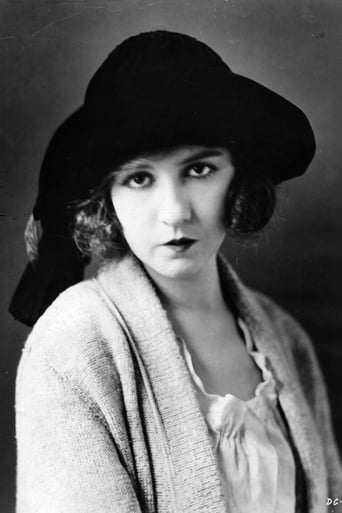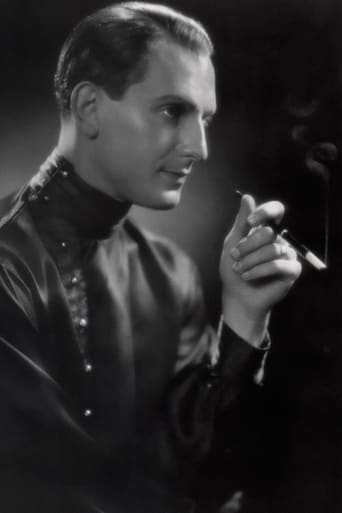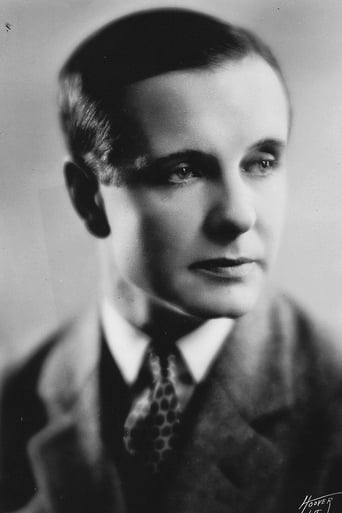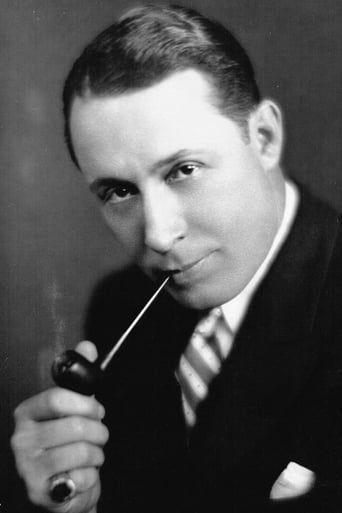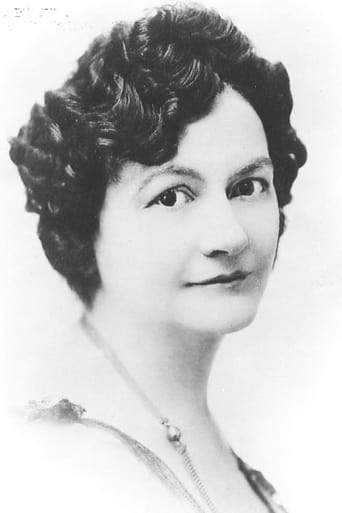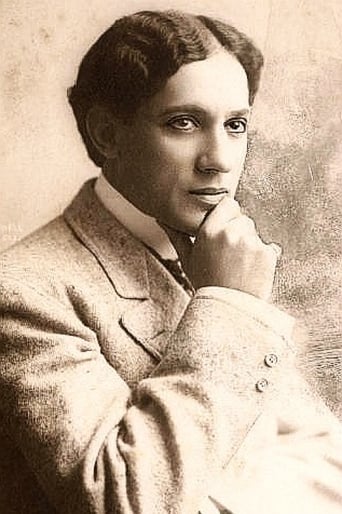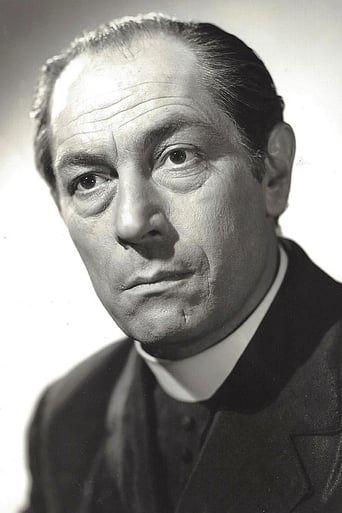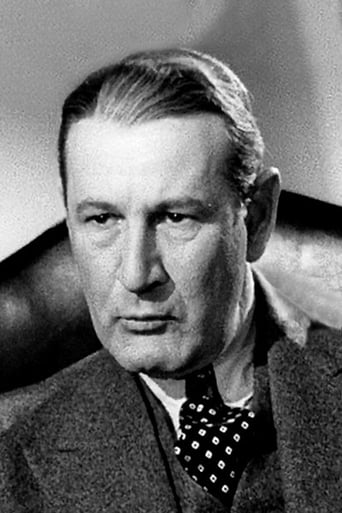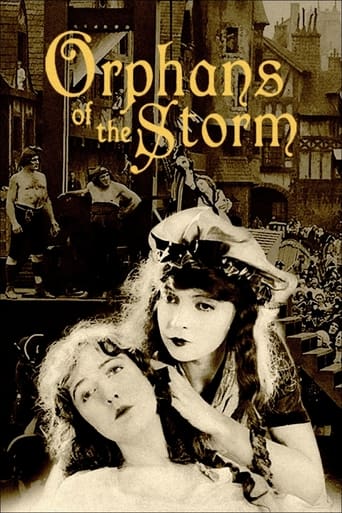
Orphans of the Storm
December. 28,1921 NRFrance, on the eve of the French Revolution. Henriette and Louise have been raised together as sisters. When the plague that takes their parents' lives causes Louise's blindness, they decide to travel to Paris in search of a cure, but they separate when a lustful aristocrat crosses their path.
Similar titles
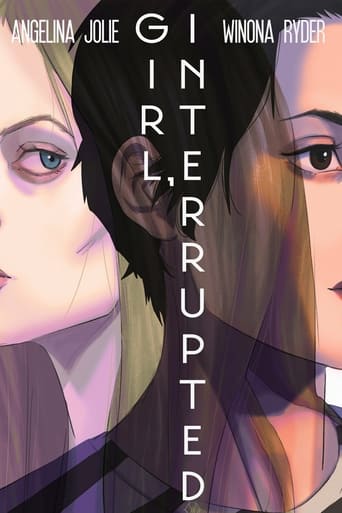
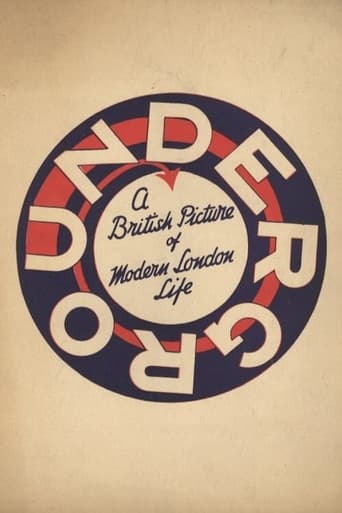
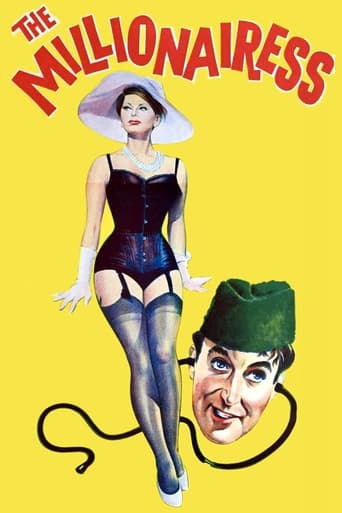
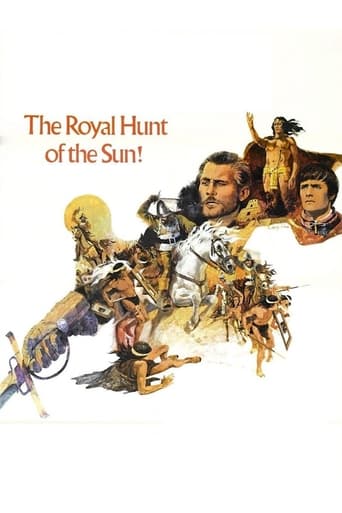
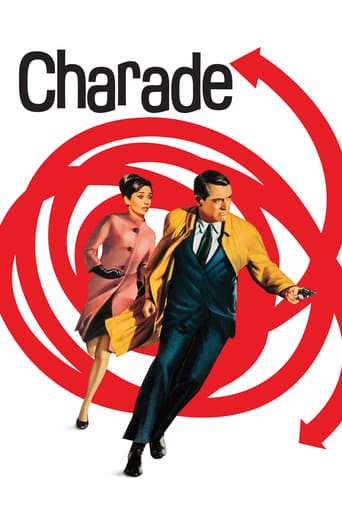
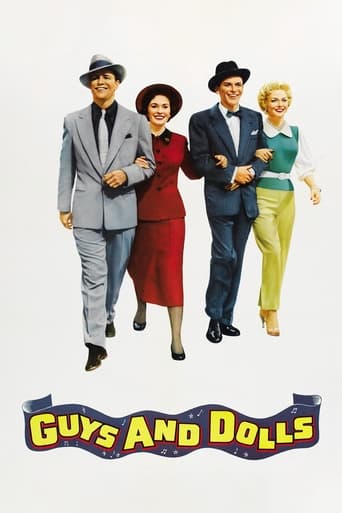
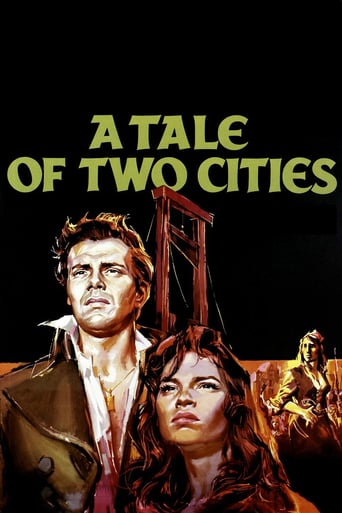
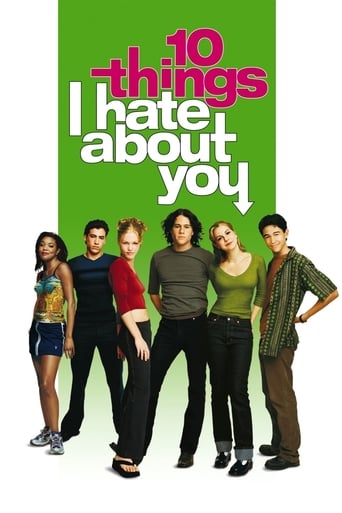
Reviews
Simply Perfect
If the ambition is to provide two hours of instantly forgettable, popcorn-munching escapism, it succeeds.
When a movie has you begging for it to end not even half way through it's pure crap. We've all seen this movie and this characters millions of times, nothing new in it. Don't waste your time.
The movie's neither hopeful in contrived ways, nor hopeless in different contrived ways. Somehow it manages to be wonderful
D.W. Griffith was essentially the father of epic cinema. While there were some epic films before his landmark achievement "The Birth of a Nation" (most notably "Cabiria" and "The Last Days of Pompeii"), epic cinema wasn't really all too popular notable before Griffith came along.As influential and innovative as it may be D.W. Griffith's "The Birth of a Nation" certainly isn't for everyone, because of the harsh racism and glorification of the dreaded Ku Klux Klan. However, even if you are highly against THAT film, I still think that some of his other epics are worth a look!His best is probably "Intolerance", but another great one that comes to mind is this film, "Orphans of the Storm"!Set during French Revolution, this grand historical epic, to put it simply, mainly centers on the loving bond of two sisters (played by two actual sisters, Lilian and Dorothy Gish) and their tragic separation and attempt to find each other again. Along the way, there's action, adventure, and some true melodrama as well as some truly innovative filmmaking.The editing and filmmaking techniques used here are truly influential and are still used to this day. Griffith's lens really manages to capture the intensity of certain moments thanks to his genius editing and cinematic eye.However, I must warn you, the film is LONG! In fact, the only problem I have with it is its length. It really dragged at times and I'm sure that if you cut out a couple of scenes the film would still work just fine.That being said, "Orphans of the Storm" is a true epic masterpiece. There's many shots here that deserve to be framed and hung in a museum somewhere!
With the French Revolution as backdrop DW Griffith exposes his constant heroine Lillian Gish to depraved aristocrats and blood thirsty revolutionaries in Orphans of the Storm. Made during the Red Scare in America Griffith takes the opportunity to promote democracy and denigrate runaway Bolshevism in this silent epic filled with his signature montage and grand compositions.Louise (Dorothy Gish) the abandoned daughter of an aristocrat is taken in by the destitute Girards. Raised as a sister with Henriette she loses her sight but has a fierce protector in her sibling who travels with her to Paris on the eve of full revolt led by Danton and Robespierre. Through the diabolical machinations of of an aristo she is separated from her sister and spends most of the film attempting to re-unite with her and avoid the guillotine. In her search she is assisted by the aristocrat DeVaudry (Joseph Schildkraut) as well as Danton (Monte Blue) who can find time from overthrowing the country to rescue Henriette from the blade. Griffith straddles the fence in this history piece with praise for individuals but condemnation for both sides. Most of the aristocrats are degenerates, the revolutionaries blood lusting and depraved and Griffith fills his canvases with scenes of bacchanalian reverie and sadistic cruelty to drive the point home. Danton may be a champion of the people but Robespierre and Jaques "Never Forget" seem bent on revenge and blood letting while the decent side of the aristos is represented by Henriette's compassionate pursuer DeVaudry.Politics aside Storm is filled with sumptuous sets and crowd scenes that convey the frenzy of the moment and the accompanying delirium of be headings and dancing in the street. Lillian Gish is both delicate and determined and in scenes with Dorothy the two are quite touching to watch. Monte Blue's Danton is a bit over the top but the sharp venal features of Robespierre and Jaques Never Forget seething with hatred express themselves perfectly with a mere look. While it may not be the mega epic that Intolerance and Birth of a Nation are Orphans of the Storm proves that size isn't everything and it remains one of Griffith's best efforts.
Henriette (Lillian Gish) and her sort-of adoptive sister Louise (Dorothy Gish) must travel to Paris on the eve of the French revolution so that Louise can have an operation to reverse the blindness she suffered as a result of the plague (which also claimed her adoptive parents). However, they soon become separated once in Paris: while Louise is left at the mercy of an unscrupulous beggar woman, Henriette finds herself the target of a salacious nobleman with plans to ravish her at his midnight orgy.How's that for bodice-ripping melodrama? D. W. Griffith, who could still just about do no wrong back in 1921, produced yet another drama on an epic scale, little realising he was on the cusp of an irreversible decline that would see him unable to win work of any kind within a decade. There's little sign of his powers waning here as he delivers a big, ambitious spectacle that sets the intimate relationship of two half-sisters against the broad canvas of the French revolution. Judging from the inter-titles, Griffith's prime motivation was to highlight the similarities between the manipulation of the revolution by such men as Robespierre with the then-recent revolution in Russia and the dangers of such an event occurring in (gasp!) America. Of course, we all now know that D. needn't have worried himself, but his sincerity is certainly evident in the attention to detail, and the lavish sets and costumes of the film. The debauched midnight party is something to behold, and put me in mind of all those modern day films and videos in which young and edgy directors think they're doing something special by adding a kitsch glamour to the frocks and wigs of the noble women in their period films. The fact is Griffith was eighty years ahead of them.Sadly, as with most of Griffith's films when viewed today, there's a down-side due to the horrendous over-acting of some of his players. Lillian Gish is OK most of the time – she always seemed to exercise an admirable restraint in her performances no matter who she was working under – but her little sister Dorothy goes over the top a little too often. Even she is outplayed by Monte Blue, who plays Danton, in his big climactic scene; clutching one hand to his chest, he holds his other aloft as if tightly grasping a half-inflated balloon partially filled with water, and pulls wild faces as he begs the People's Court to have mercy on the poor little orphans. As a device to emphasise the drama of the moment it no doubt worked fine ninety years ago, but today such displays border on the comical.The pace of the film is surprisingly good considering its age and running time – a bum-numbing 150 minutes – and despite introducing the audience to a large cast of characters within the first ten or fifteen minutes, Griffith does a good job of not confusing his audience. Needless to say, the last reel, with the customary race against time to save the imperiled heroine, is a master-class in cross-cutting and still manages to get pulses racing even today.Despite the melodramatics from certain members of the cast, I found Orphans of the Storm a more accessible and enjoyable film than the likes of Birth of a Nation and Intolerance, which are held in higher esteem by most people. Griffith's touch seems much more assured than with BoaN, and the storyline is obviously less fragmented than it is in Intolerance.
DW Griffith's fall from grace during the 1920s wasn't just because his technique began to look old fashioned. It was that his stories got worse. His narrative structures were inspired by great works of literature, particularly that of Charles Dickens, but his plots were often sourced from obscure novels or trashy stage melodramas. These stories were often implausible and simplistic, shortcomings he could only make up for with his sensitive cinematic technique and the reliability of his actors.Orphans of the Storm is rather lazily-written, full of one-dimensional characters, predictable situations, and sudden coincidences leaping over gaps in the plot, as two sisters, one of them blind, lose each other, find each other, then lose each other again amid the chaos of the French Revolution. However, it's (just about) possible to overlook a bad story so long as it's well told. Unfortunately, Griffith appears to be following the trend of having more and longer title cards, explaining every point and feeding us superficial lines of dialogue, where the action alone should tell us what is going on. In some scenes, such as those where Dorothy Gish's blindness is brought up, we get the worst of both worlds, having not only the point-labouring title cards, but also exaggerated pantomiming, with characters pointing emphatically at both eyes.Griffith should have known that all his best moments were wordless and understated. Thankfully, he has not forgotten how to direct a good love scene, and those between Joseph Schildkraut and Lillian Gish are particularly effective, framed plainly in a series of close-ups, barely moving their faces but conveying a world of emotion. This was Schildkraut's first American picture, and he is one of the most pleasingly natural and convincing lead men Griffith had worked with thus far. With his fine, sharp features he was also appropriately handsome, although a few films later he would play Judas in King of Kings, and subsequently became a bit typecast. As for Gish, she is far more satisfying here in one of her serene and sensible roles, as opposed to the hysterical girly parts she was increasingly given. The other standout in this cast is Monte Blue as Danton, whipping a crowd into a frenzy without once resorting to hamminess.It was a long-established rule that every major Griffith picture had to feature a battle somewhere in the middle, and end with a climactic ride-to-the-rescue. By 1921 these action sequences were becoming a trifle uninspired. The battle between revolutionaries and soldiers has a great build-up, but then resorts to bland god-shots, making the moment suddenly seem very cold. The finale is one of Griffith's least engaging, I think because while the ride itself is excitingly shot and edited, the business at the guillotine is just a lot of faffing around, a far cry from Bobby Haron's haunting walk to the scaffold in Intolerance.In spite of all this, Orphans of the Storm – like every Griffith feature I have seen – does have its absolutely divine moments. There's a very dynamic sense of rhythm to the scene at the ball and the later celebration of the victorious revolutionaries. The reunion of Schildkraut and Lillian Gish is both powerful and sensitive. Griffith may have been beginning to slip, but at least he was failing beautifully.
Top Streaming Movies











